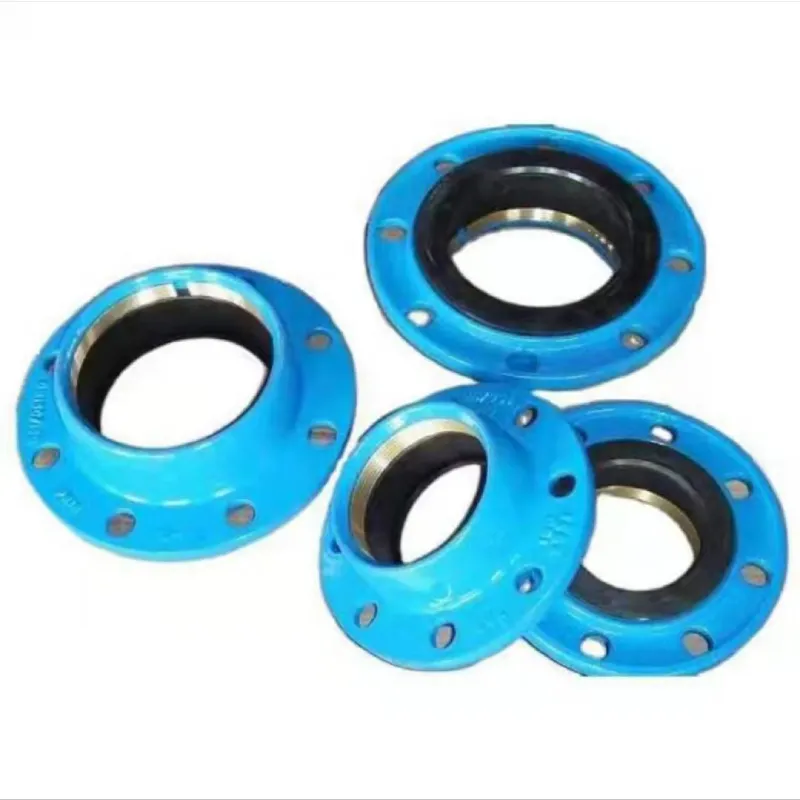gate valve for pvc pipe
Understanding Gate Valves for PVC Pipes
Gate valves are essential components in many piping systems, particularly those involving PVC (polyvinyl chloride) pipes. These valves are designed to control the flow of fluids in a pipeline by either completely opening or closing the flow. Their simple design and reliable operation make them a popular choice in various applications, from residential water supply systems to industrial processes.
What is a Gate Valve?
A gate valve consists of a body, a gate (or wedge), and an actuator, usually in the form of a handwheel or lever. When the valve is fully opened, the gate retracts into the valve body, allowing for minimal flow resistance. Conversely, when the valve is closed, the gate sits firmly against the seat, creating a tight seal that prevents the flow of water or other fluids. This makes gate valves ideal for applications where a straight-line flow is required and throttling is not necessary.
Advantages of Using PVC Gate Valves
1. Corrosion Resistance PVC is known for its resistance to corrosion and chemical degradation. When used in gate valves, this property ensures durability and longevity, particularly in environments where traditional metal valves might succumb to rust or other forms of corrosion.
2. Lightweight PVC gate valves are significantly lighter than their metal counterparts, making them easier to handle and install. This is particularly beneficial in large-scale projects where the weight of materials can impact labor costs and transport logistics.
gate valve for pvc pipe

3. Cost-Effective Generally, PVC gate valves are more affordable than metal valves, making them an attractive option for budget-conscious projects. Their longevity and resistance to chemical wear also contribute to reduced maintenance costs over time.
4. Ease of Installation The lightweight nature of PVC, combined with its compatibility with solvent cementing and threading methods, simplifies the installation process. This aspect can lead to significant savings in labor costs.
Applications of PVC Gate Valves
PVC gate valves are widely used in a variety of industries, including agriculture, municipal water systems, and chemical processing. They are particularly useful in irrigation systems and pool installations where the control of water flow is crucial. Additionally, because PVC is safe for potable water applications, these valves are often used in residential plumbing systems.
Conclusion
In summary, gate valves are crucial for controlling flow in PVC pipe systems. Their corrosion resistance, lightweight nature, cost-effectiveness, and ease of installation make them an excellent choice for various applications. Understanding the advantages and practical uses of PVC gate valves helps engineers and contractors make informed decisions regarding their piping systems, ensuring that they achieve reliable performance while optimizing costs. Whether for irrigation, industrial applications, or residential plumbing, PVC gate valves are an indispensable component in modern fluid management systems.
-
The Smarter Choice for Pedestrian AreasNewsJun.30,2025
-
The Gold Standard in Round Drain CoversNewsJun.30,2025
-
The Gold Standard in Manhole Cover SystemsNewsJun.30,2025
-
Superior Drainage Solutions with Premium Gully GratesNewsJun.30,2025
-
Superior Drainage Solutions for Global InfrastructureNewsJun.30,2025
-
Square Manhole Solutions for Modern InfrastructureNewsJun.30,2025
-
Premium Manhole Covers for Modern InfrastructureNewsJun.30,2025
